|
by Mark Ely
|
Connie lived life on her own terms, and those terms were tough. She had strong opinions and delivered them in an even stronger Bronx accent. She had no patience for greed and corruption. She felt that change in Guatemala was only going to come from the bottom up.
She was building homes for poor families in Lemoa long before we started, and our own home-building program was based on her work up to that point. She knew widows and orphans from the civil war, and always had a list of the neediest. She put us in contact with local leadership to help identify schools that needed better facilities. More recently, she helped start a nutrition program in Lemoa which is doing great work.
Biography
[ Photos of Sister Connie from 2005+ ]

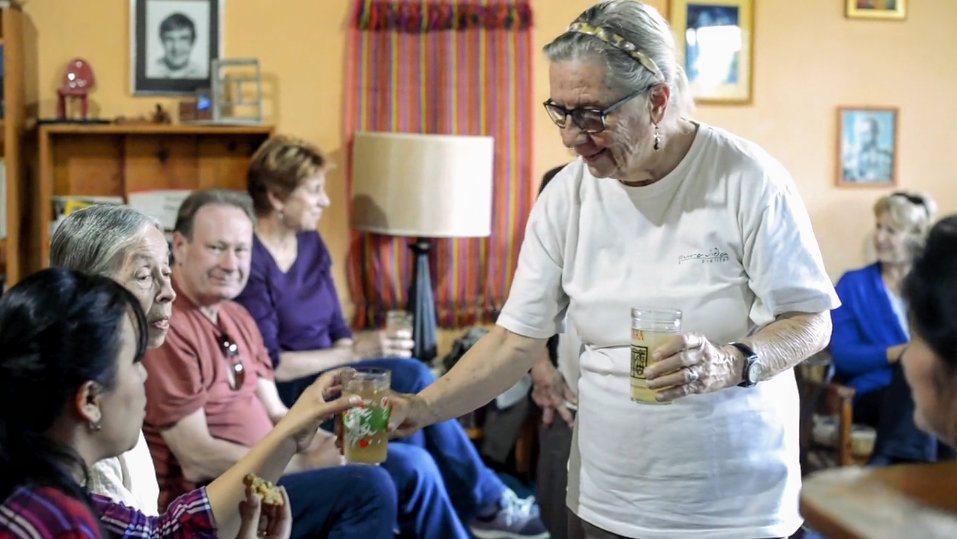
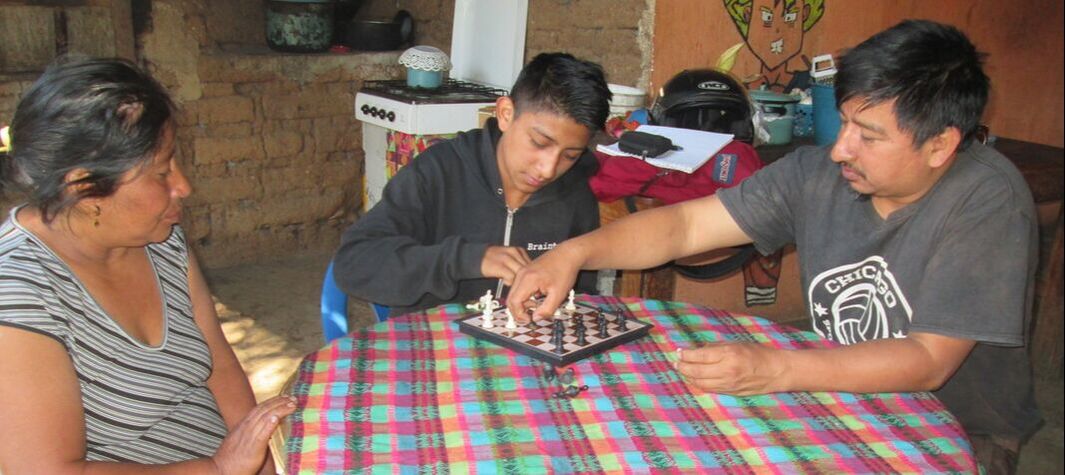
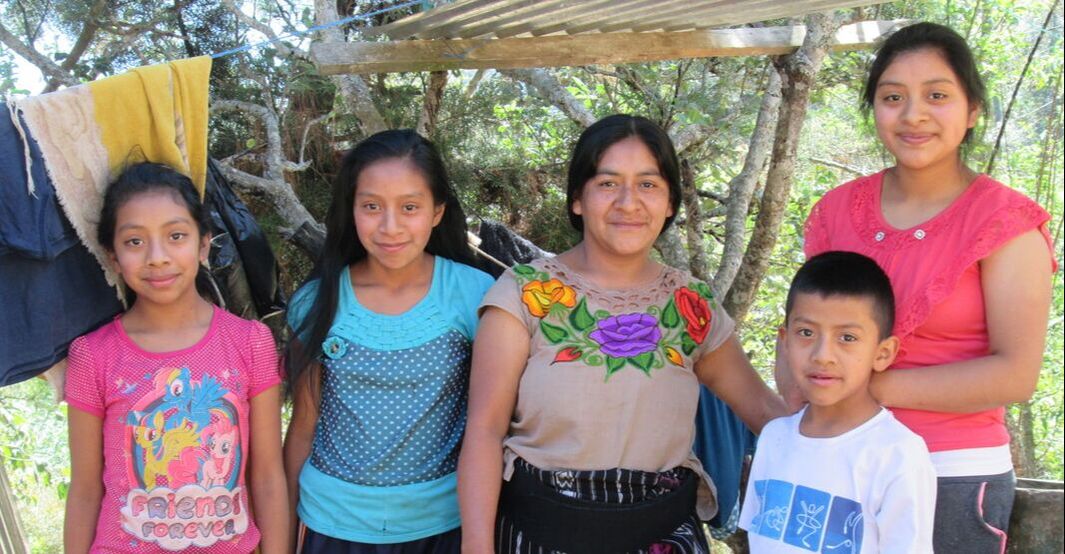
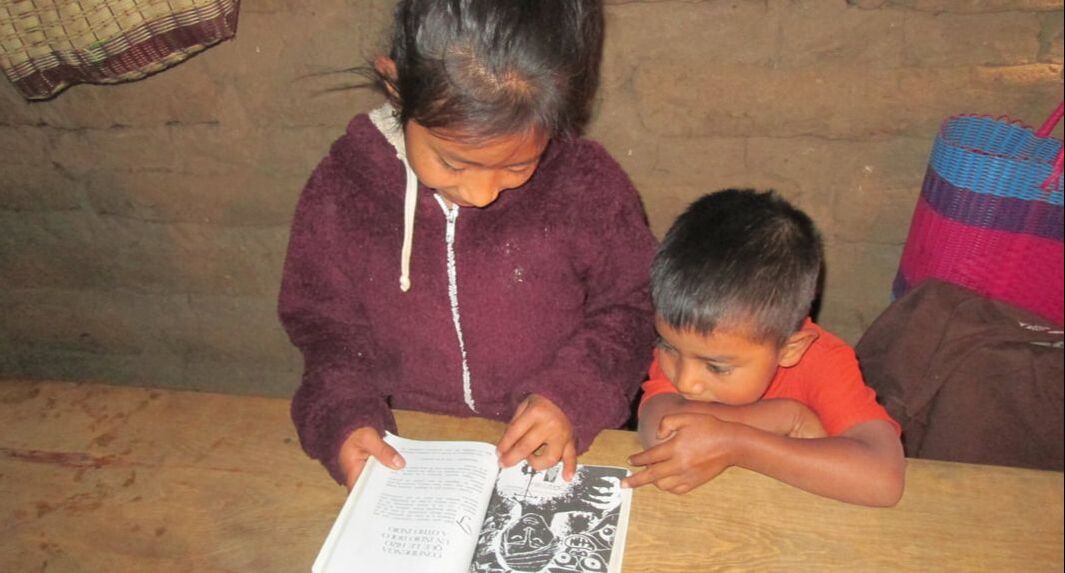
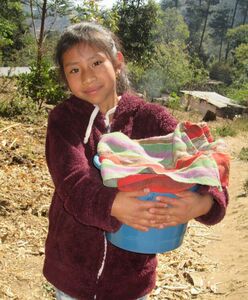
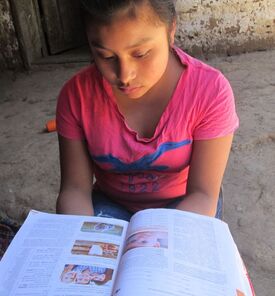
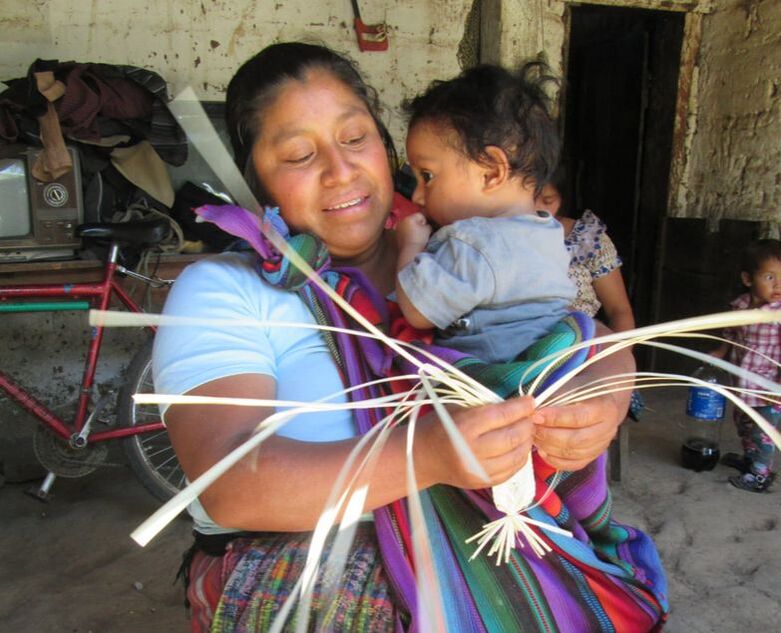
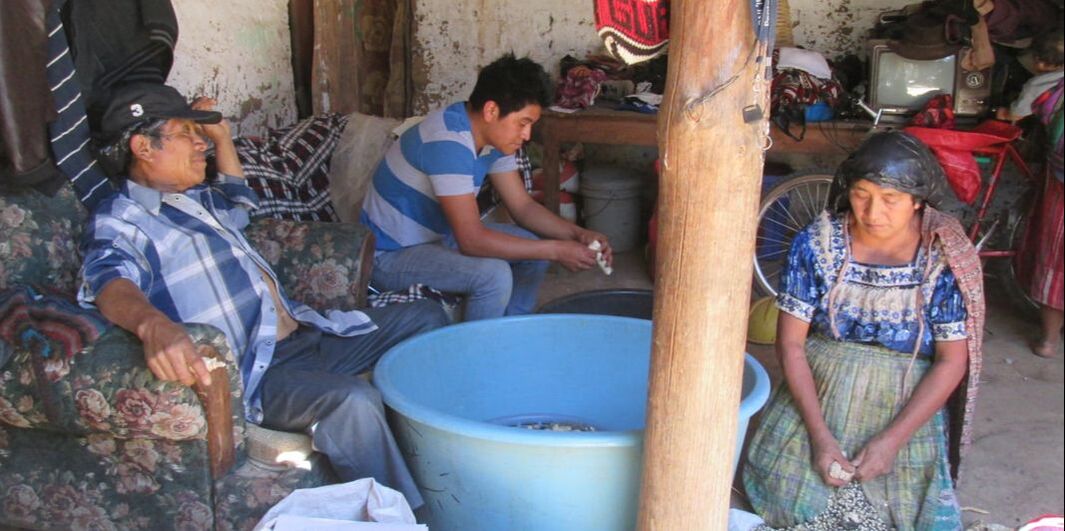
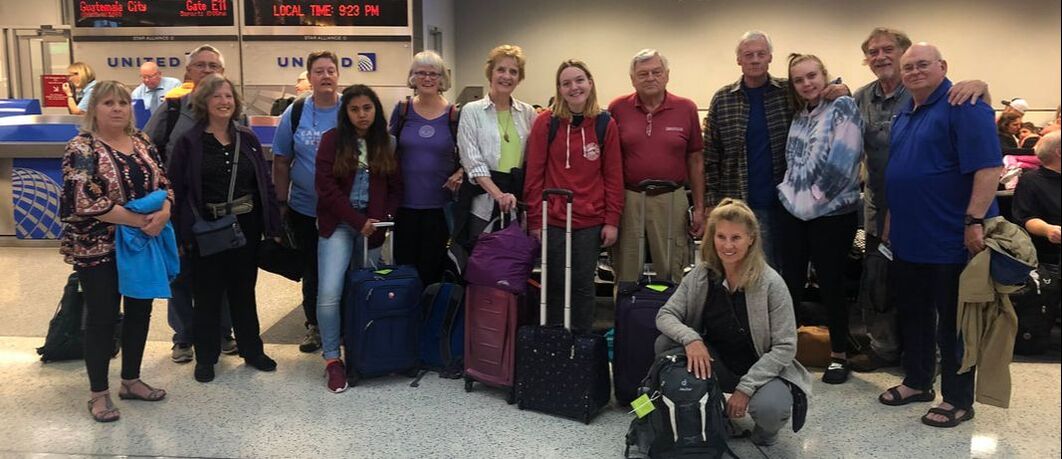
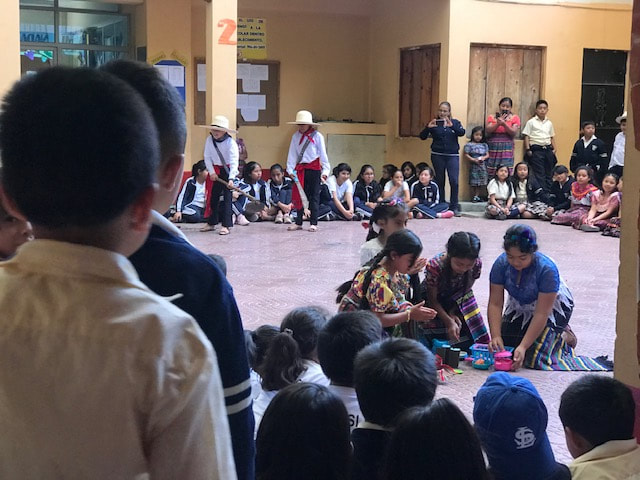
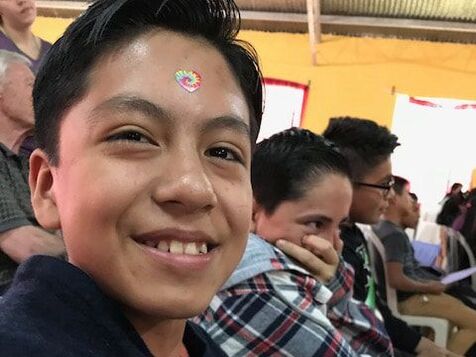
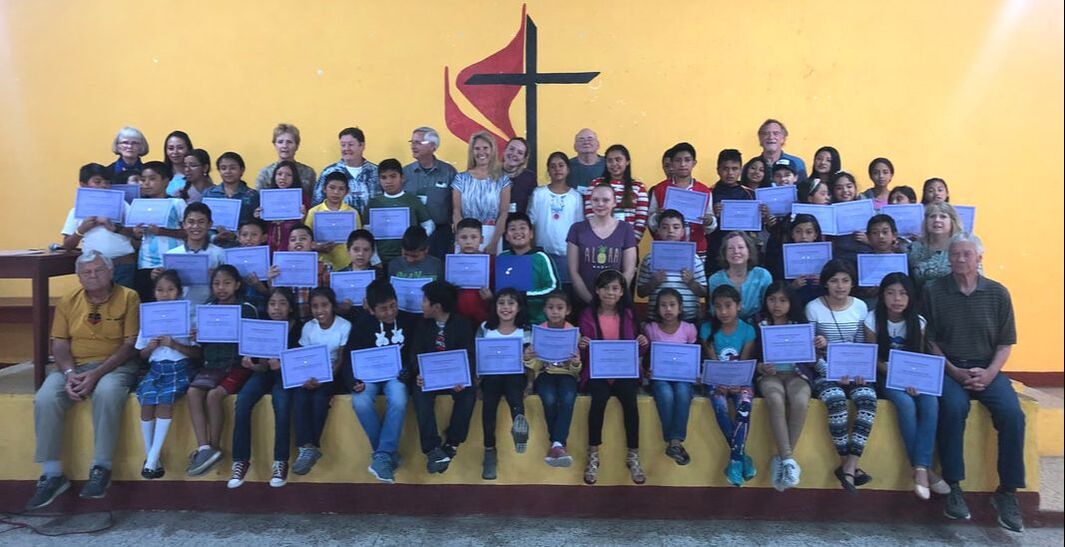
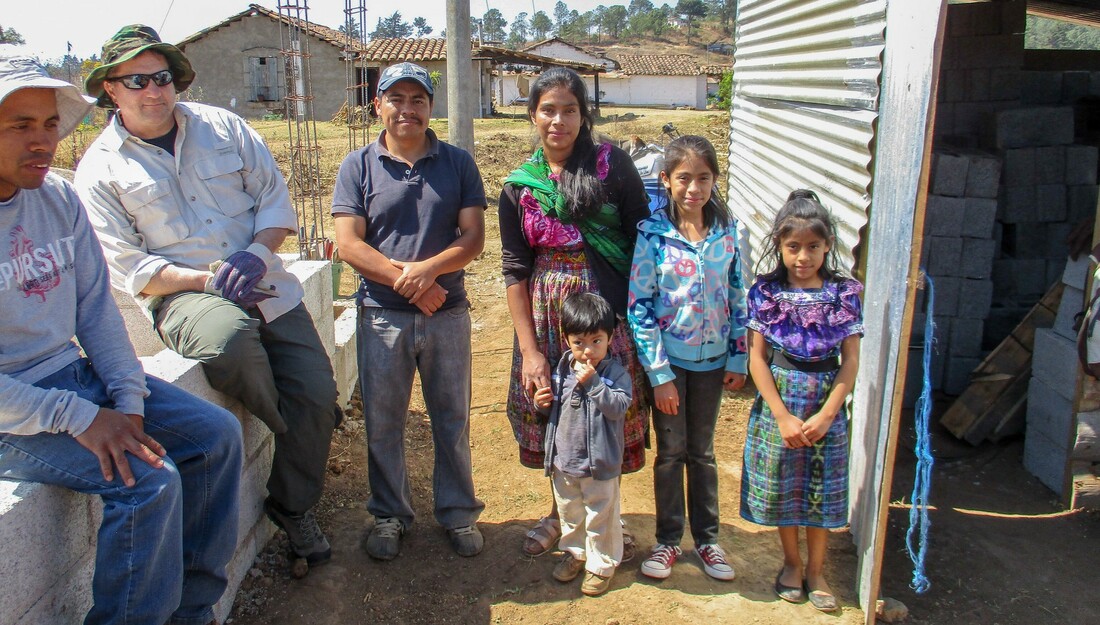
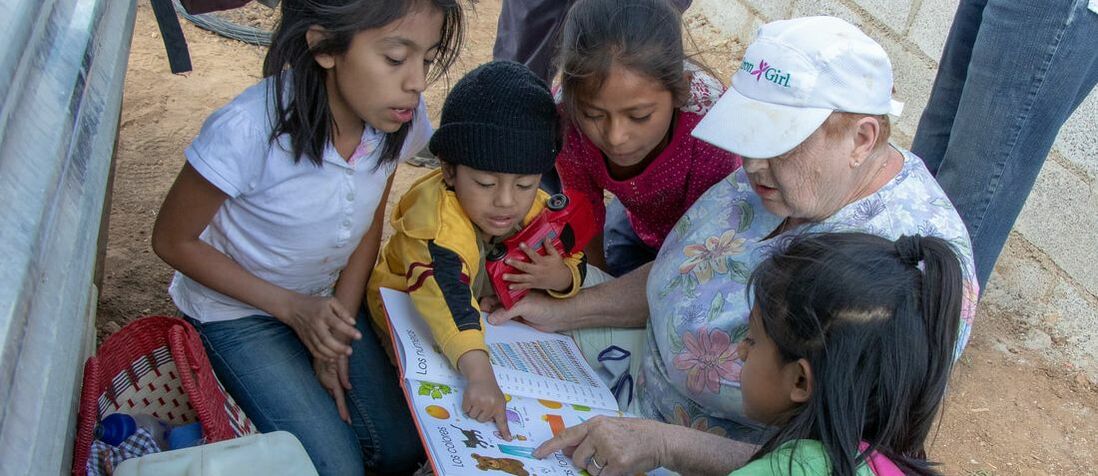
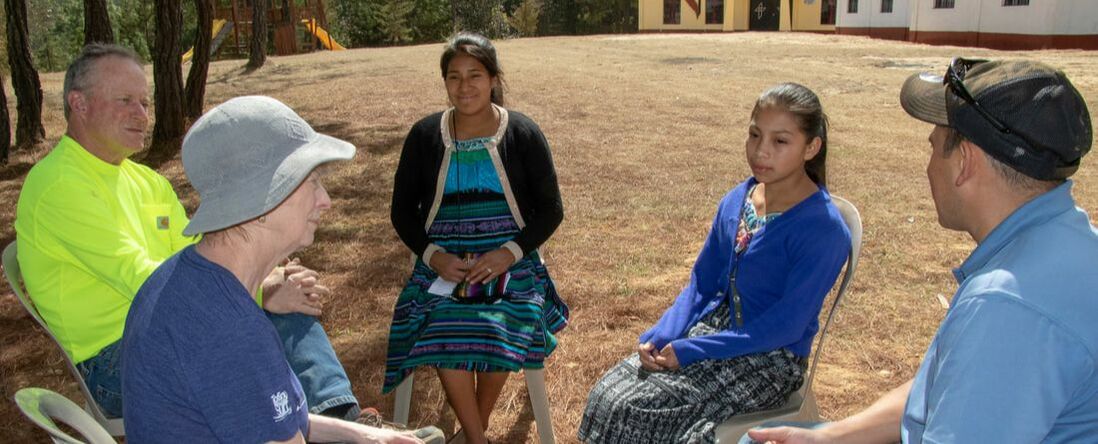
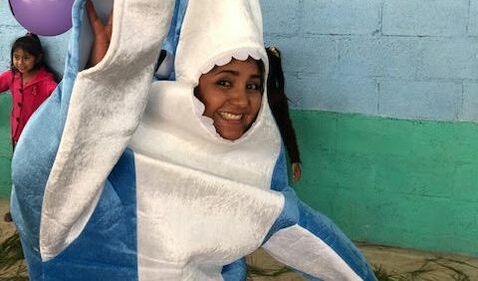
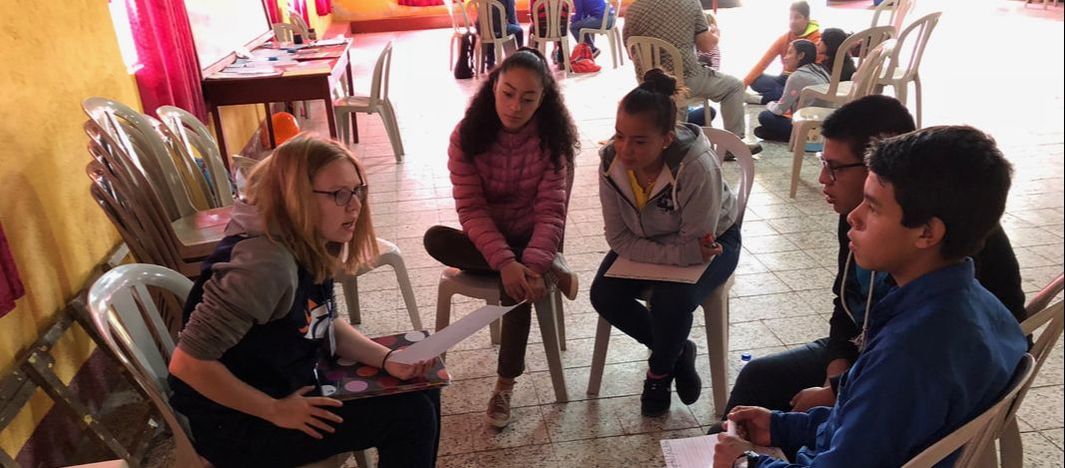
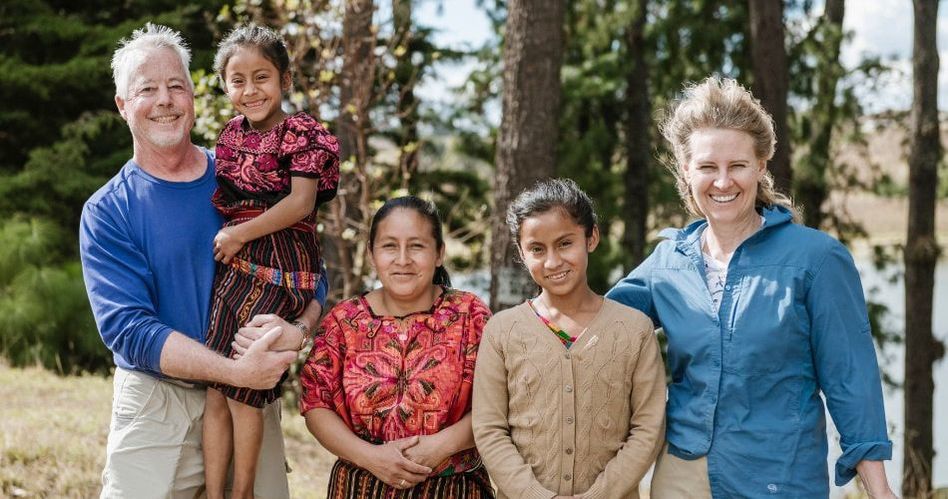
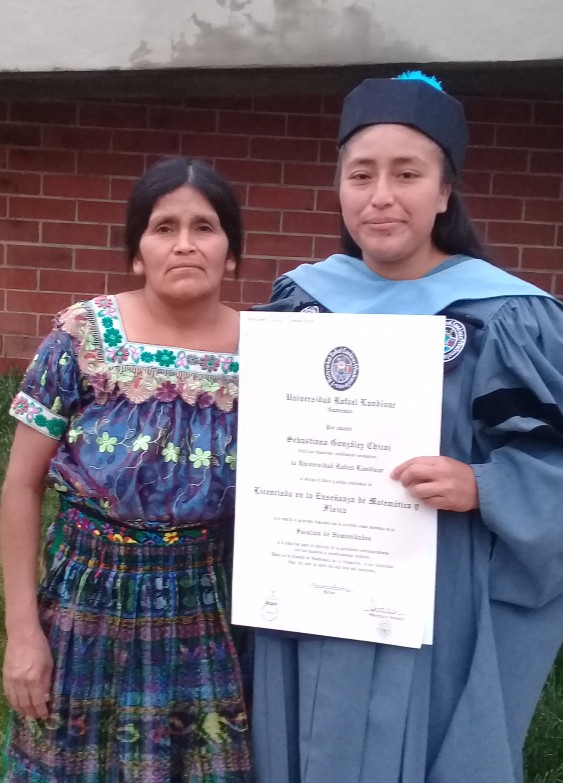

 RSS Feed
RSS Feed